Sweet Honey in the Rock: Celebrating the Holydays
 For more than fifty years, the multiple Grammy Award-nominated a cappella women's choir Sweet Honey in the Rock®️ has maintained an active role at the global forefront of Black empowerment, entertainment and education. Founded by the late historian, social activist and singer Bernice Johnson Reagon, the ensemble's concerts offer a positive, loving and socially conscious spirit, held aloft by masterful choral singing. Sweet Honey in the Rock's Celebrating the Holydays is a unique fusion of traditional American holiday spirituals, hymns and inspirational songs that intentionally incorporates holy and celebratory music by cultures and religions from around the world, all blended with thematic elements of hip-hop, folk and pop music. This special presentation of good tidings for the season has been honed to perfection over a decade of touring. You'll hear classics including “Jesus, What a Wonderful Child” and “Silent Night,” alongside popular band favorites like “We Are,” “Let There Be Peace” and “Chinese Proverb.” In an effort toward greater audience inclusivity, Sweet Honey prioritizes ASL interpretation at every performance. Celebrating the Holydays will feature vocalists Louise Robinson, Nitanju Bolade Casel, Aisha Kahlil and Carol Maillard; bassist Romeir Mendez; and American Sign Language interpreter Barbara Hunt.
For more than fifty years, the multiple Grammy Award-nominated a cappella women's choir Sweet Honey in the Rock®️ has maintained an active role at the global forefront of Black empowerment, entertainment and education. Founded by the late historian, social activist and singer Bernice Johnson Reagon, the ensemble's concerts offer a positive, loving and socially conscious spirit, held aloft by masterful choral singing. Sweet Honey in the Rock's Celebrating the Holydays is a unique fusion of traditional American holiday spirituals, hymns and inspirational songs that intentionally incorporates holy and celebratory music by cultures and religions from around the world, all blended with thematic elements of hip-hop, folk and pop music. This special presentation of good tidings for the season has been honed to perfection over a decade of touring. You'll hear classics including “Jesus, What a Wonderful Child” and “Silent Night,” alongside popular band favorites like “We Are,” “Let There Be Peace” and “Chinese Proverb.” In an effort toward greater audience inclusivity, Sweet Honey prioritizes ASL interpretation at every performance. Celebrating the Holydays will feature vocalists Louise Robinson, Nitanju Bolade Casel, Aisha Kahlil and Carol Maillard; bassist Romeir Mendez; and American Sign Language interpreter Barbara Hunt.
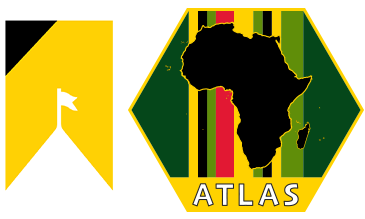
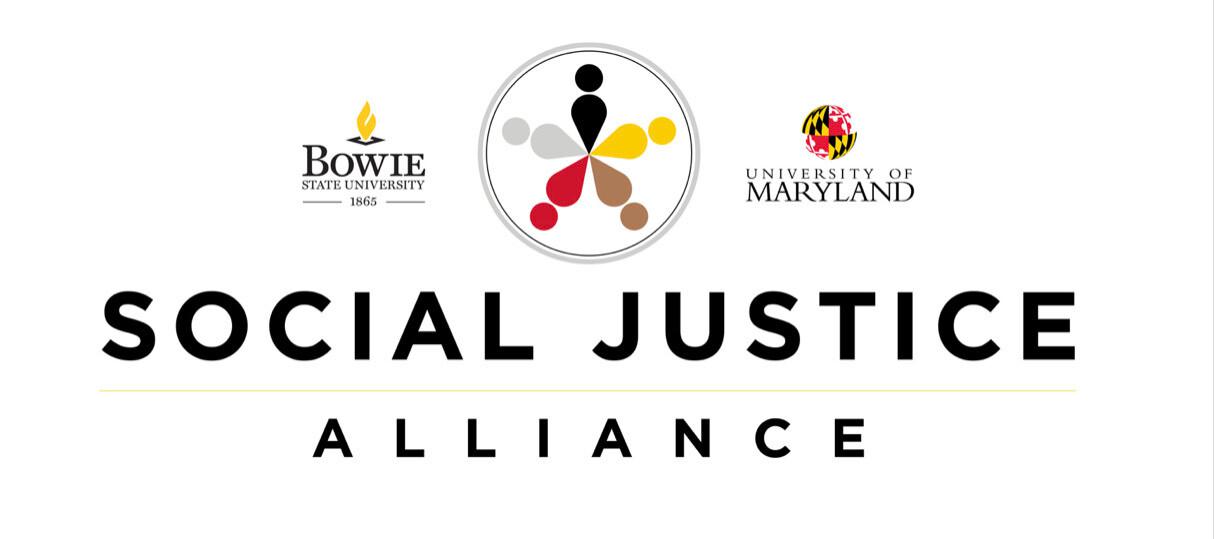
 Monday, December 1, 2025 6:00 pm - 8:00 pm
Monday, December 1, 2025 6:00 pm - 8:00 pm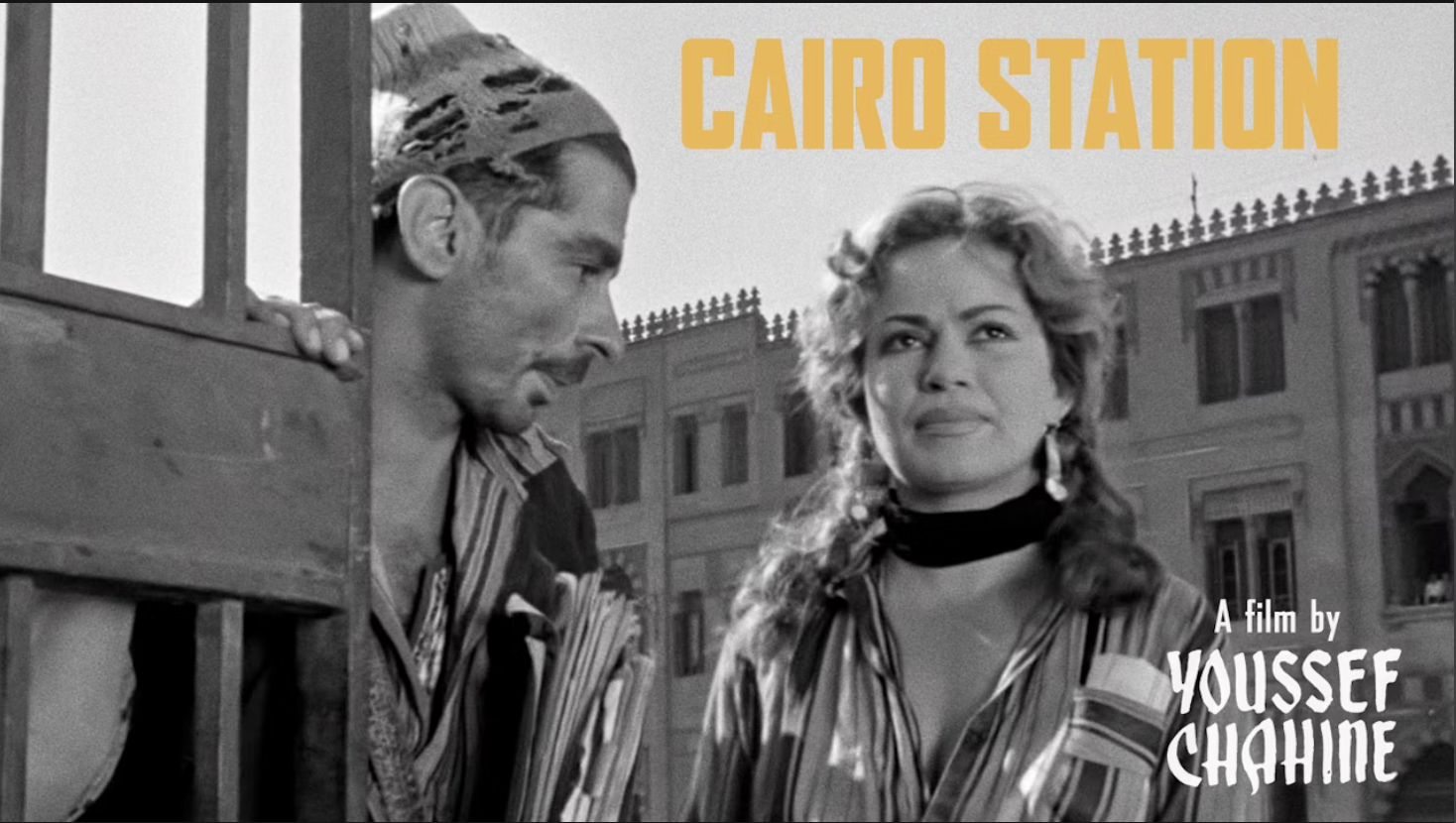
 Please join us for a Local Americanists during which Professor Tess Chakkalakal will discuss her recently published book, A Matter of Complexion: The Life & Fictions of Charles W. Chesnutt (St. Martin's Press, 2025).
Please join us for a Local Americanists during which Professor Tess Chakkalakal will discuss her recently published book, A Matter of Complexion: The Life & Fictions of Charles W. Chesnutt (St. Martin's Press, 2025).
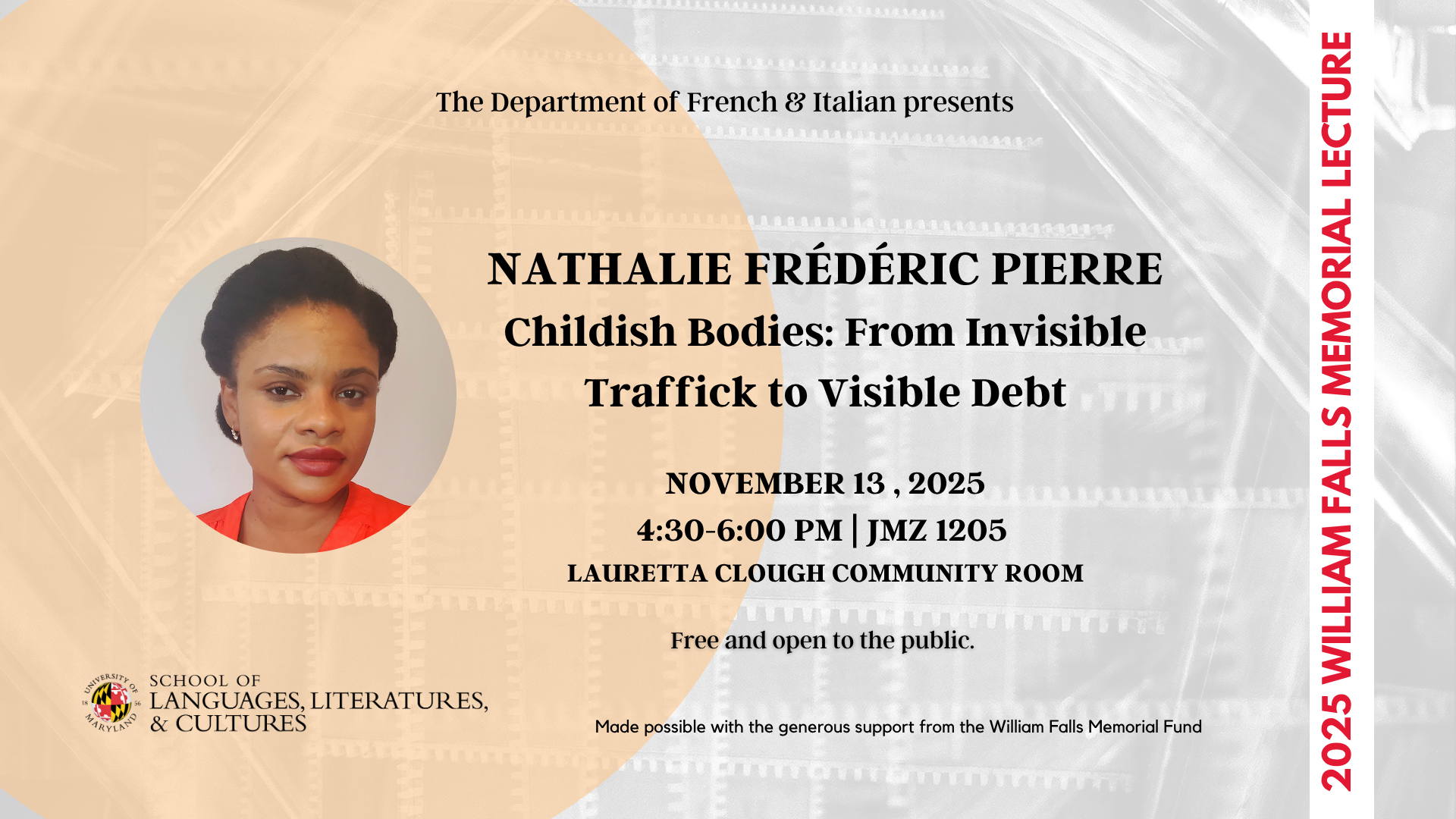 Thursday, November 13, 2025 4:30 pm - 6:00 pm
Thursday, November 13, 2025 4:30 pm - 6:00 pm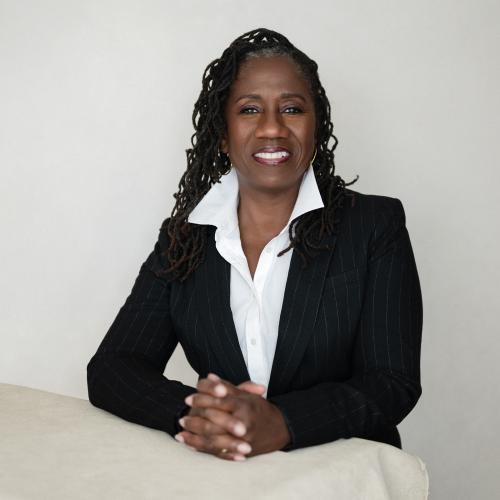
 Choreographer, director and performer Kayla Farrish has become renowned for work that seamlessly incorporates dance, narrative theater, film and sound score in service of transforming invisibilized histories into liberation. Put Away the Fire, Dear is a group dance-theater work unraveling American cinema, in which six marginalized characters defy their inherited roles and reimagine new narratives for themselves. Jumping through portals spanning reality and cinema, they change the lens, uprooting power and their distorted existence. We connect with those of the past like Zora Neale Hurston, Oscar Michaux, Ethel Waters, Bojangles and onwards. This work invites BIPOC audiences to see their worlds reflected and offers collective liberation in dreaming of our unwritten stories. In 100 minutes, this wild dance-theater production breaks down whose imagination we are living in with shifting scenic design by Dyer Rhoads and live music by Alex MacKinnon. Following her recent run at Chelsea Factory NY (2025) and American Dance Festival (2024), Farrish’s company makes its Clarice Presents debut with the D.C. area premiere of this vibrant multimedia performance.
Choreographer, director and performer Kayla Farrish has become renowned for work that seamlessly incorporates dance, narrative theater, film and sound score in service of transforming invisibilized histories into liberation. Put Away the Fire, Dear is a group dance-theater work unraveling American cinema, in which six marginalized characters defy their inherited roles and reimagine new narratives for themselves. Jumping through portals spanning reality and cinema, they change the lens, uprooting power and their distorted existence. We connect with those of the past like Zora Neale Hurston, Oscar Michaux, Ethel Waters, Bojangles and onwards. This work invites BIPOC audiences to see their worlds reflected and offers collective liberation in dreaming of our unwritten stories. In 100 minutes, this wild dance-theater production breaks down whose imagination we are living in with shifting scenic design by Dyer Rhoads and live music by Alex MacKinnon. Following her recent run at Chelsea Factory NY (2025) and American Dance Festival (2024), Farrish’s company makes its Clarice Presents debut with the D.C. area premiere of this vibrant multimedia performance. Five Black DeafBlind actors bring to life the untold stories of DeafBlind enslaved people in a groundbreaking play.
Five Black DeafBlind actors bring to life the untold stories of DeafBlind enslaved people in a groundbreaking play.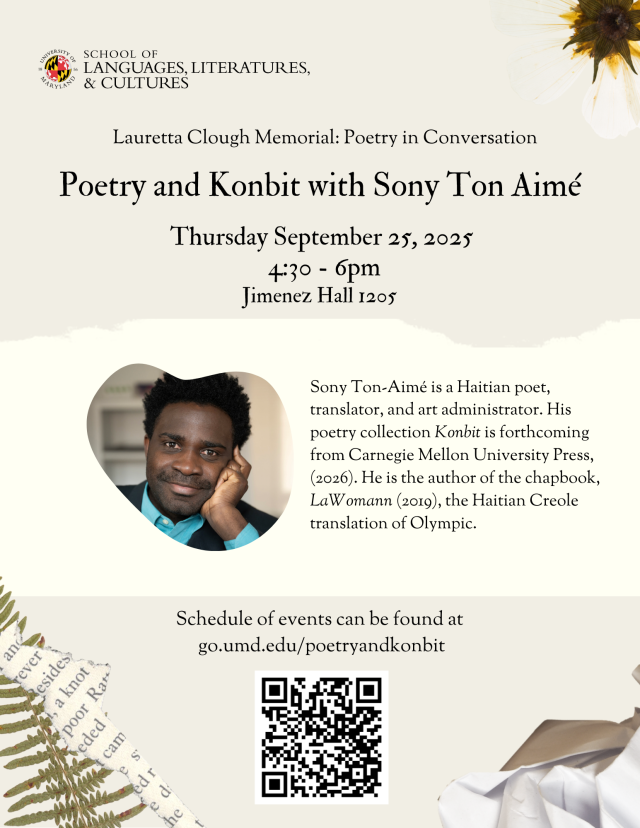
 Thursday, September 25, 2025 3:30 pm - 5:00 pm
Thursday, September 25, 2025 3:30 pm - 5:00 pm Collective Imagination: Freedom Dreaming and Liberation
Collective Imagination: Freedom Dreaming and Liberation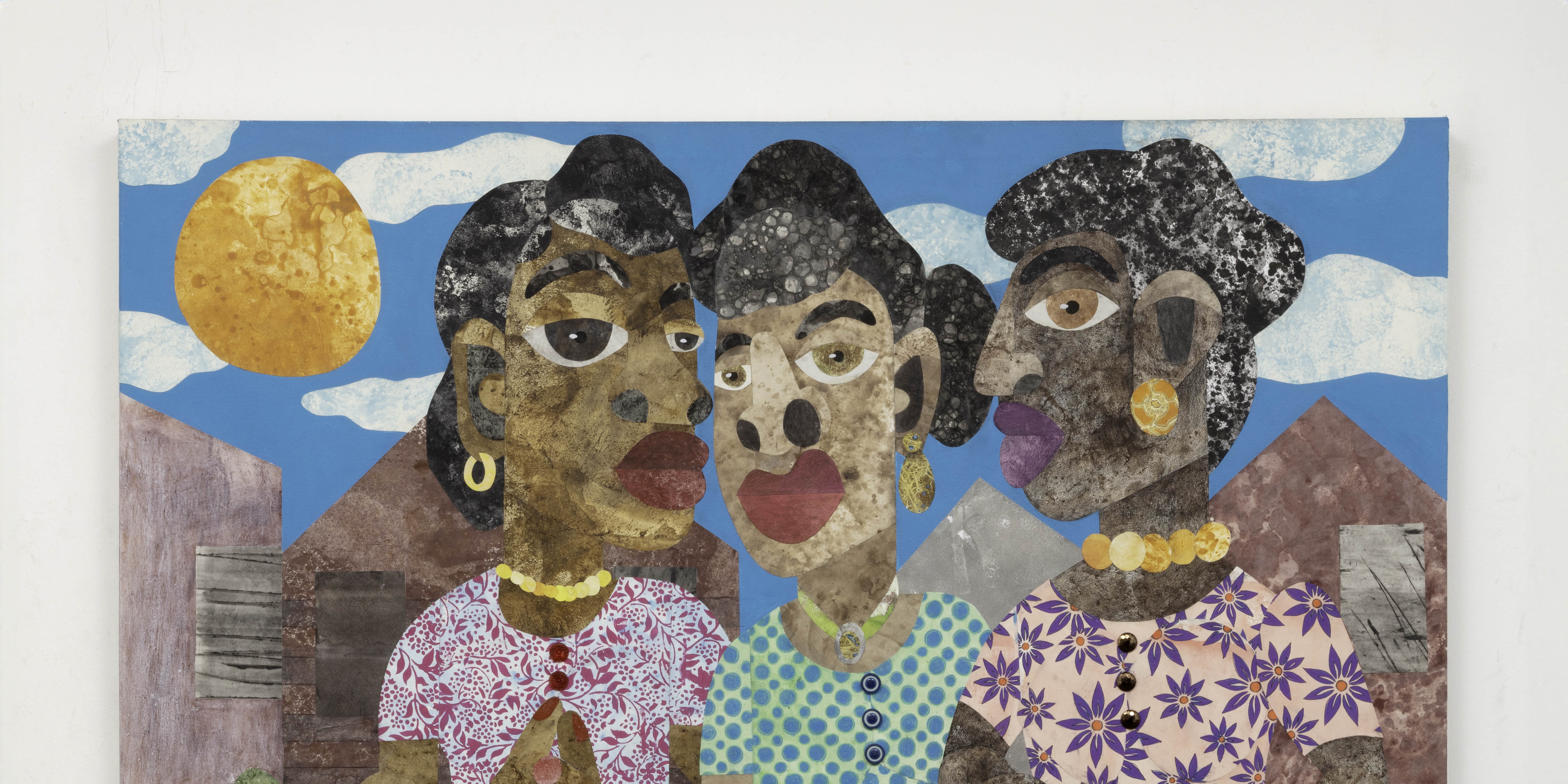 David C. Driskell Center for the Visual Arts and Culture of African Americans and the African Diaspora
David C. Driskell Center for the Visual Arts and Culture of African Americans and the African Diaspora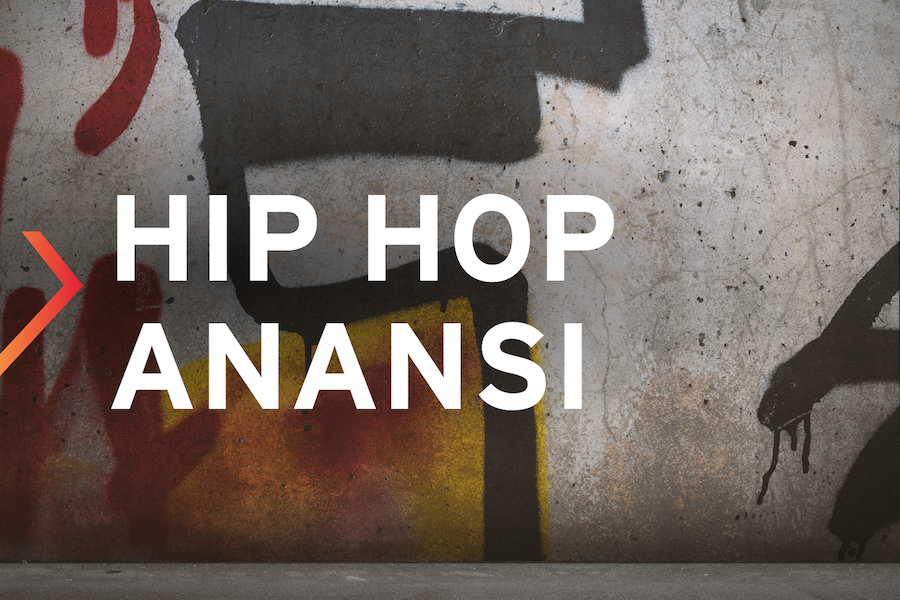

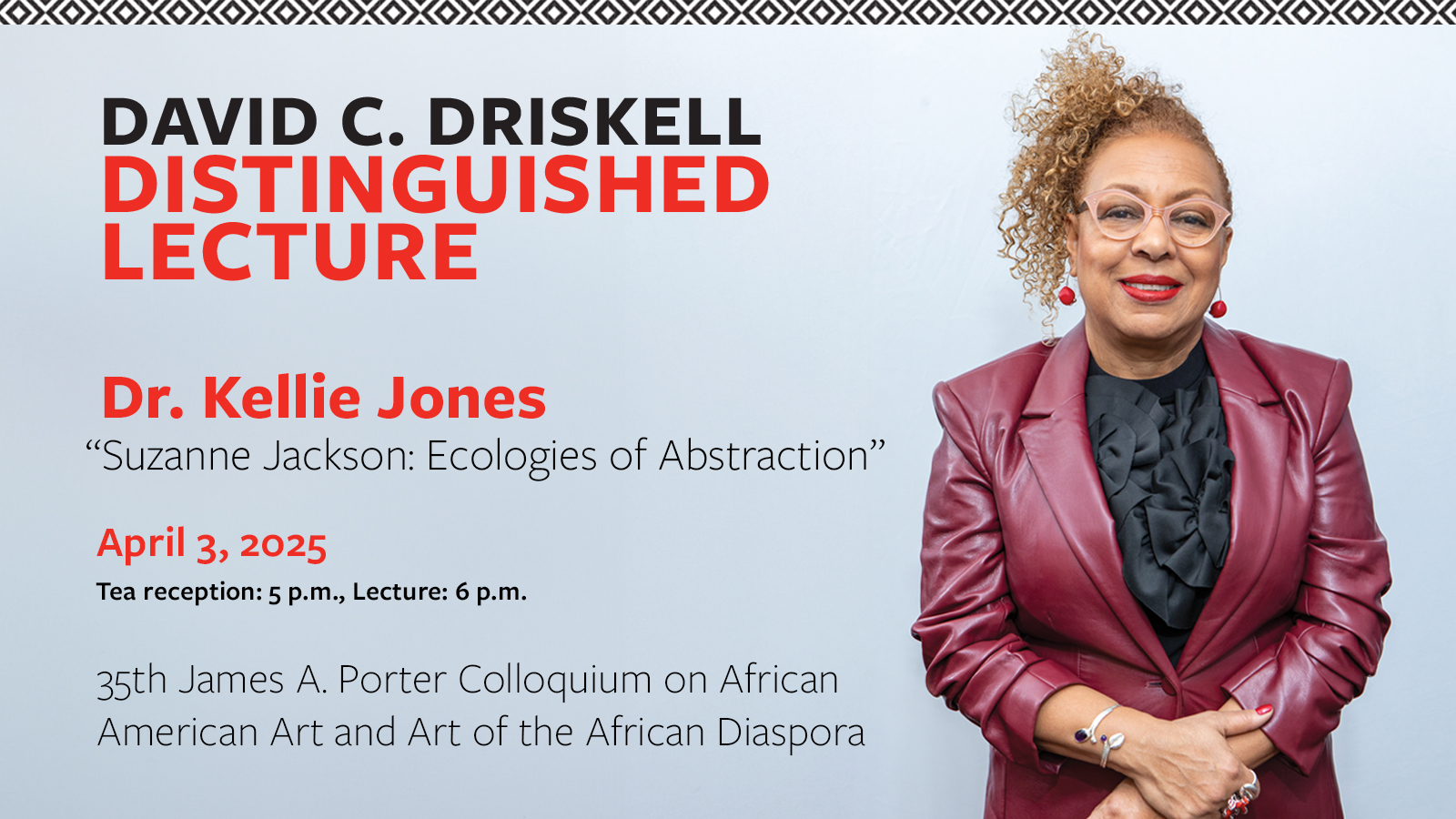 Thursday, April 3, 2025 5:00 pm - 7:30 pm
Thursday, April 3, 2025 5:00 pm - 7:30 pm